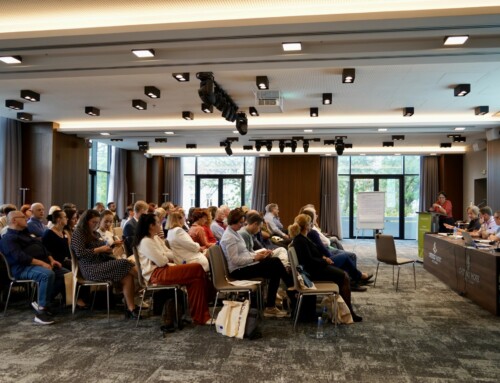This practical case brings us to Sergejs and Benita’s Farm Rubuli, located in Latvia. The farm grows winter wheat, winter oilseed rape, winter barley, and also has pig production. Despite the rather harsh Latvian climate, Sergejs and Benita decided to try to grow their own soybeans to reduce their dependency on imports. With the support of the agronomy adviser Aigars Šutka, they conducted the first trials. They had quite good yields already in the first years. Then they started a collaboration with Latvian scientists to find suitable soybean varieties and optimal growing conditions. The project proved successful, showing that soybean cultivation is possible in the southern part of Latvia.
The video highlights the success factors, including Sergejs’ enthusiasm and motivation, driving the project forward. It also addresses the challenges of involving more farmers and motivating them to participate in similar innovation projects. Bureaucracy is identified as a significant obstacle, and reducing it is recommended to foster more innovation in agriculture.
The project analysis suggests three potential paths for further development: seeking support from EIP funds or Operational Groups, collaborating with universities and students, or creating market demand for locally grown soybeans. The story of Farm Rubuli’s journey into soybean cultivation serves as an inspiring example of how necessity and farmer-led initiatives can bring about significant advancements in agriculture.

